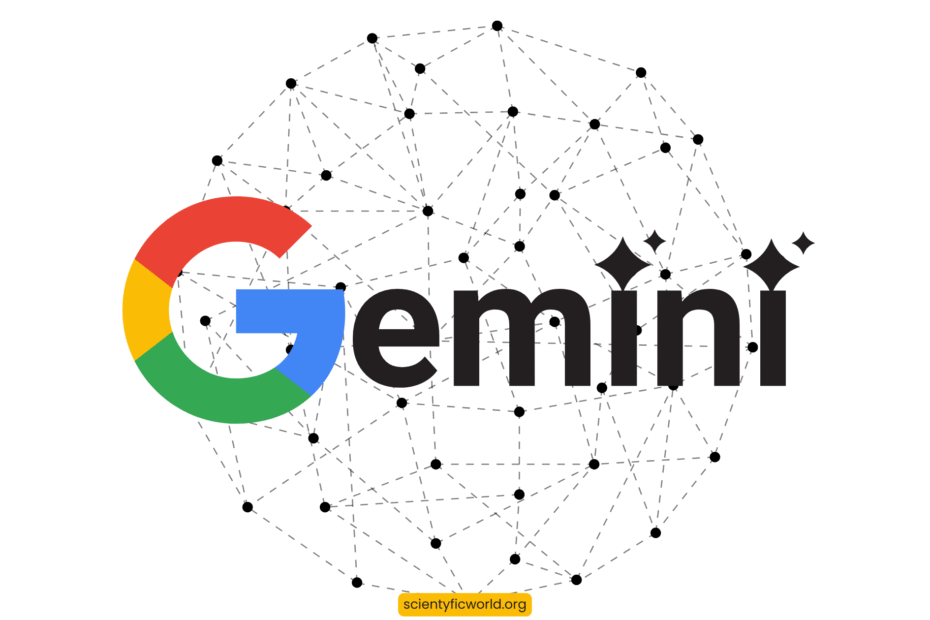Apple’s digital assistant, Siri, could be in for its biggest change yet — and Google’s Gemini AI be the secret ingredient. According to a report from Bloomberg’s Mark Gurman, Apple is exploring a partnership with Google to use its Gemini AI technology as part of a major Siri upgrade.
For more than a decade, Siri has been a familiar voice on the iPhone. When it first launched in 2011, it felt revolutionary. But over the years, as competitors like OpenAI’s ChatGPT, Google’s own AI tools, and Perplexity’s answer engine pushed the boundaries of what’s possible, Siri started to look dated. Users complained that it was slow, limited, and unable to hold the kind of natural conversations that newer AI assistants offered.
Apple hasn’t ignored those concerns. Behind the scenes, the company has been building its own large language models, hoping to make Siri smarter and more competitive. But that work has taken longer than expected. The much-talked-about Siri overhaul has already been pushed back until 2026, giving Apple time to figure out whether its own AI models are strong enough — or whether outside help is needed.
Now, it looks like Apple is testing that second option. According to Bloomberg, Apple and Google reached a deal this week to integrate Google’s Gemini AI into Siri for testing. If the trial goes well, Apple could expand the use of Gemini into other key parts of the iPhone, including Safari’s search functions and the Spotlight tool that helps users find things directly from the Home Screen.

This would be an interesting twist. Spotlight has long been positioned as a quiet challenger to Google search, letting users look up quick information like movie casts, TV shows, or music details without leaving the iPhone. But with AI now driving a new wave of instant, conversational answers, Apple seems willing to work with its longtime rival to close the gap.
So what will the “new Siri” actually look like? Reports suggest Apple wants to move away from just delivering search links. Instead, users could get rich, multimedia answers that combine text, photos, videos, maps, and even local recommendations — all wrapped in a neat summary. Imagine asking Siri about a weekend getaway, and instead of a list of websites, you instantly get a short guide to local attractions, restaurants, and events in that city.
Another piece of the puzzle is personalization. Apple is working on making Siri more aware of context, using information from your iPhone — like your calendar, contacts, or location — to deliver smarter, faster answers. For example, if you ask, “Do I have time to grab lunch before my next meeting?” Siri could check your schedule, map your route, and give you an immediate answer. Add voice navigation to that, and Siri finally begins to look like the proactive assistant Apple always envisioned.
This move also shows how alliances in tech are changing. Apple and Google’s Gemini AI have often been rivals, but they’ve also been partners when it made sense. Google already pays billions each year to remain the default search engine on Safari, and this AI deal could be the next step in that cooperation. Apple brings the massive iPhone user base, while Google brings years of AI research and models like Gemini. Together, they could deliver something that feels fresh and competitive against OpenAI and other challengers.
A Look Back and What’s Ahead
Apple has tried before to make search and information discovery more seamless. Spotlight was one attempt to give users quick answers without relying too much on Google. But the rise of advanced AI assistants has raised the stakes. People now expect technology not just to fetch information but to summarize it, explain it, and personalize it on the spot.
With Siri’s big upgrade delayed until 2026, the clock is ticking. Apple’s experiment with Google’s Gemini AI may buy it some time and give users a taste of what’s coming. But in the long run, many will wonder if Apple will keep leaning on outside partners or finally deliver an AI system of its own that can rival the best in the business.
Either way, the next version of Siri could mark the beginning of a new chapter — one where Apple reclaims its place in the AI conversation instead of watching from the sidelines.
